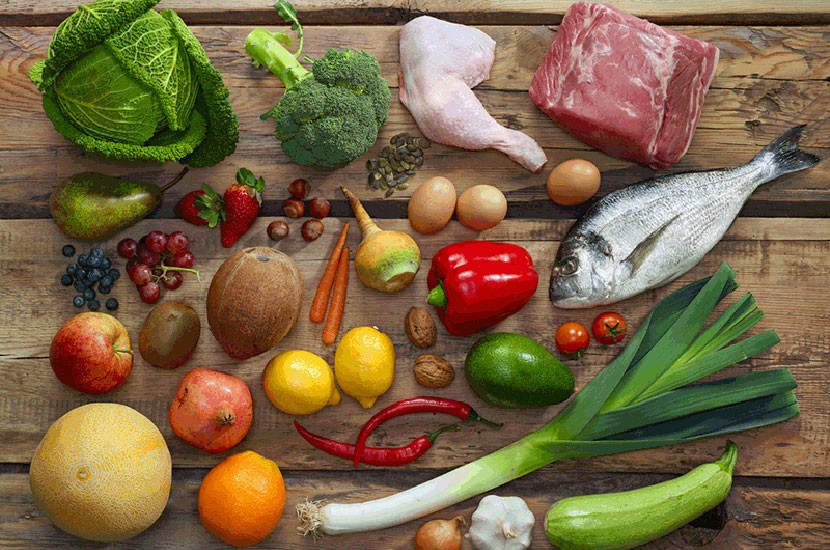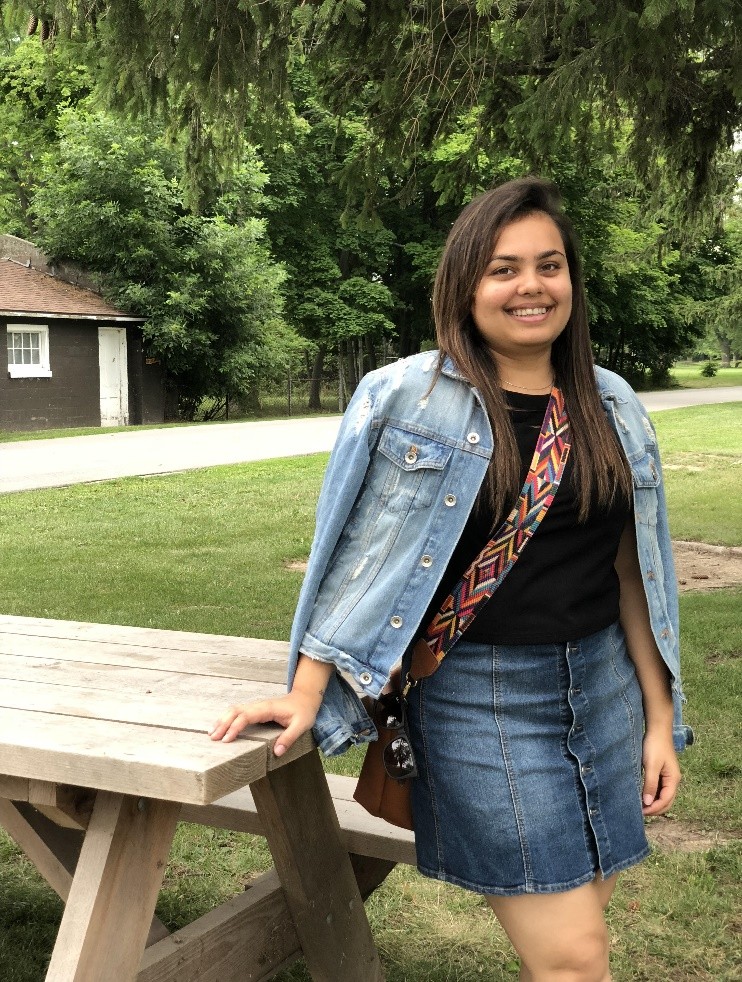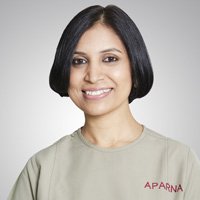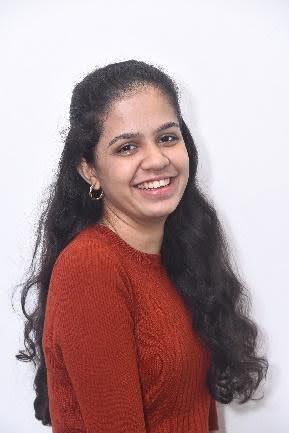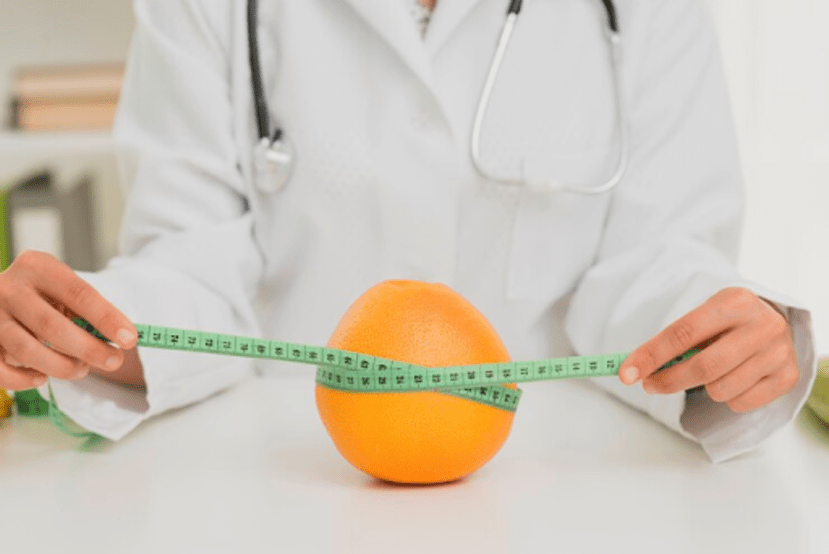Ms. Pearl Savla-Masters in Clinical Nutrition and Dietetics
- A Gastric Sleeve Surgery, reduces the size of the stomach by about 75%. It divides the stomach vertically from top to bottom, leaving a banana shaped stomach along the inside curve and the pyloric valve at the bottom, which regulates the emptying of the stomach into the small intestine.
- Post-surgery proper transition to solid food through different phases is very important since the body needs enough time to get adjusted to the new stomach.
Phases of diet post-surgery :
- Phase 1: Clear Liquids (Day 1 & Day 2)
Start with clear liquids like clear vegetable soups, clear chicken broth, coconut water, dal water, tea or coffee without milk. You also need to sip on water in between other liquids to maintain adequate fluid intake. To start with very small amounts of liquids between 15-30 ml initially along with taking smaller sips and gradually increasing the quantity.
- Phase 2: Full Liquids (Day3- Day 15)
It is very important to incorporate additional protein supplement during this phase to preserve muscle tissues, prevent excess hair loss and to enhance wound healing. Low Fat milk/ yogurt/ curd/ buttermilk can be introduced. Avoid adding sugar to any of the liquids. The liquids should be completely blenderized without any lumps or pieces. The quantity of the feed should can be gradually increased as per tolerance level.
- Phase 3: Soft Food (Day 16-3 Day 30)
Begin consuming solid foods that have been puréed to a smooth consistency or moisten foods. Make sure to eat slowly and chew food thoroughly. Eat single foods and avoid combinations to ensure tolerance. Continue sipping on fluids in between meals and not along with the meals. Avoid taking breads, noodles, pasta etc as they may get stuck and be difficult to swallow post-surgery.
- Phase 4: Solid Diet (1 month onwards)
During this stage, you can expand the types of healthful foods you consume and try different textures of food. Always remember to chew your food thoroughly and eat slowly, and remember not to eat and drink together.
- Remember to take your vitamins and minerals every day as directed.
- Regular follow up with your doctor and dietician, for help in your efforts toward successful weight loss and maintenance is of great importance.
About Dr. Aparna Govil Bhasker

Read more about Dr. Aparna Govil Bhasker- https://www.bestbariatricsurgeon.org/dr-aparna-govil-bhasker/
Please write in to info@bestbariatricsurgeon.org or draparnagovil@gmail.com & Call/Text/WhatsApp: +919819566618 or +919930922761
Dr. Aparna’s website is- https://www.bestbariatricsurgeon.org
You can read her lovely blogs on- http://www.aparnagovilbhasker.com
Dr. Aparna Govil Bhasker is a visiting consultant at the following hospitals:
- Gleneagles Global Hospital, Parel, Mumbai
- Hinduja Healthcare Surgical, Khar West, Mumbai
- Apollo Hospital, CBD Belapur, Navi Mumbai
- Suchak Hospital, Malad, Mumbai
- Namaha Hospital Kandivali, Mumbai
- Currae Specialty Hospital, Thane
- MGM Hospital, Vashi, Navi Mumbai
- Apollo Spectra Hospital, Tardeo and Chembur, Mumbai
- Saifee Hospital, Mumbai
Social Media:
- Facebook- https://www.facebook.com/draparnagovilbhasker/
- Linked in- https://www.linkedin.com/in/dr-aparna-govil-bhasker-82836b34/
- Twitter- https://twitter.com/aparnabhasker
- Instagram- https://www.instagram.com/draparnagovilbhasker/?hl=en
- You tube- https://www.youtube.com/user/aparnagovil/videos?view_as=subscriber
